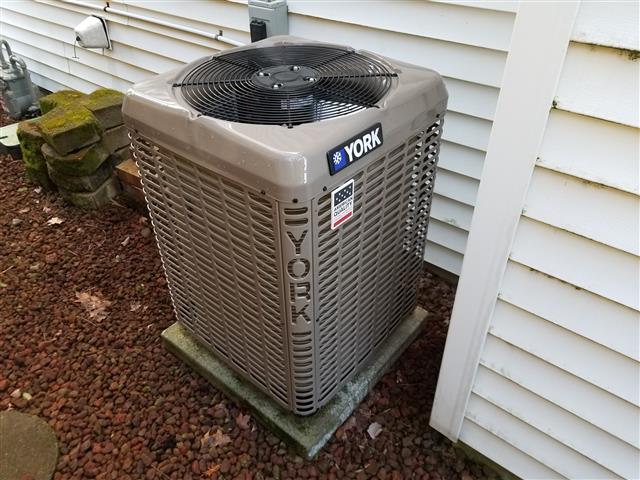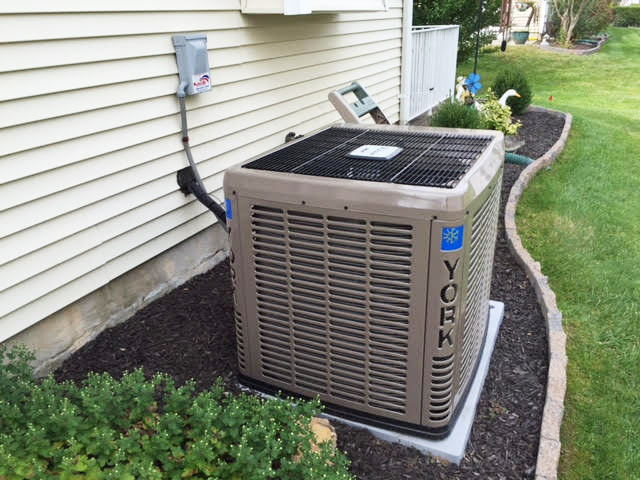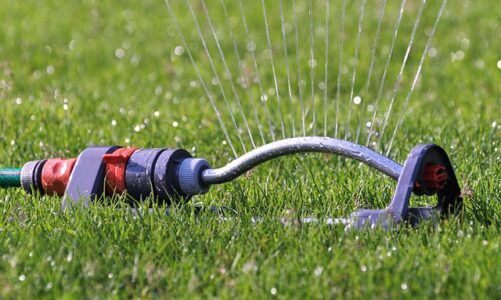In the scorching heat of summer or the biting cold of winter, your home’s air conditioning system is your sanctuary. It’s the lifeline that keeps you comfortable amidst extreme temperatures. However, the efficiency of your air conditioning system heavily relies on a factor often overlooked: insulation. Proper insulation isn’t just about keeping the heat in during winter and out during summer; it’s about optimizing your air conditioning system’s performance year-round. Let’s delve into the importance of insulation for air conditioning efficiency.
Understanding the Relationship Between Insulation and Air Conditioning Efficiency
To grasp the significance of insulation, we must first understand how air conditioning systems work. Air conditioners don’t generate cool air; instead, they extract heat from indoor air and transfer it outside, leaving behind cooler air. Inadequate insulation allows this cooled air to escape, forcing your air conditioner to work harder to maintain desired indoor temperatures.
1. Energy Conservation
Proper insulation acts as a barrier, preventing conditioned air from seeping out and unconditioned air from infiltrating your home. By effectively sealing your home, insulation minimizes energy loss, thereby reducing the workload on your air conditioning system. This translates to lower energy bills and a reduced carbon footprint.
2. Enhanced Comfort
Insulation not only conserves energy but also enhances indoor comfort. By maintaining consistent temperatures throughout your home, insulation eliminates hot and cold spots, ensuring every room remains comfortably cool in summer and warm in winter. Say goodbye to constantly adjusting your thermostat to compensate for temperature imbalances.
3. Extended Lifespan of HVAC Equipment
Air conditioning systems subjected to excessive strain due to poor insulation are prone to premature wear and tear. When your air conditioner operates continuously to compensate for thermal leaks, it’s under constant stress, leading to increased maintenance requirements and a shorter lifespan. Proper insulation alleviates this strain, prolonging the longevity of your HVAC equipment.

Key Areas for Insulation Optimization
Now that we’ve established the importance of insulation let’s explore the key areas where insulation optimization can significantly impact air conditioning efficiency:
1. Attic Insulation
The attic is one of the primary areas where thermal energy transfer occurs. Inadequate attic insulation allows heat to penetrate your home during summer and escape during winter. By investing in high-quality attic insulation, you create a thermal barrier that shields your home from temperature fluctuations, reducing the workload on your air conditioning system.
2. Wall Insulation
Walls account for a significant portion of your home’s surface area, making them another critical area for insulation optimization. Properly insulated walls prevent heat transfer, keeping indoor temperatures stable and reducing the need for constant air conditioning adjustments. Consider upgrading to energy-efficient insulation materials to maximize thermal resistance and minimize heat loss.
3. Duct Insulation
Leaky or uninsulated ductwork can compromise the efficiency of your air conditioning system. Insulating ducts prevents thermal energy loss as conditioned air travels from your HVAC unit to different rooms in your home. By sealing and insulating ductwork, you ensure that the cooled air reaches its intended destination without dissipating along the way, maximizing air conditioning efficiency.
Conclusion: Investing in Comfort and Savings
In the realm of air conditioning efficiency, proper insulation emerges as a cornerstone for optimal performance. By investing in quality insulation, you not only enhance indoor comfort but also realize significant energy savings and extend the lifespan of your HVAC equipment. Don’t overlook the crucial role of insulation in maximizing air conditioning efficiency. Take proactive steps to seal and insulate your home, and reap the rewards of improved comfort, lower energy bills, and a more sustainable future. If you are looking for a heating and cooling service, please take a moment to visit their page to learn more.




